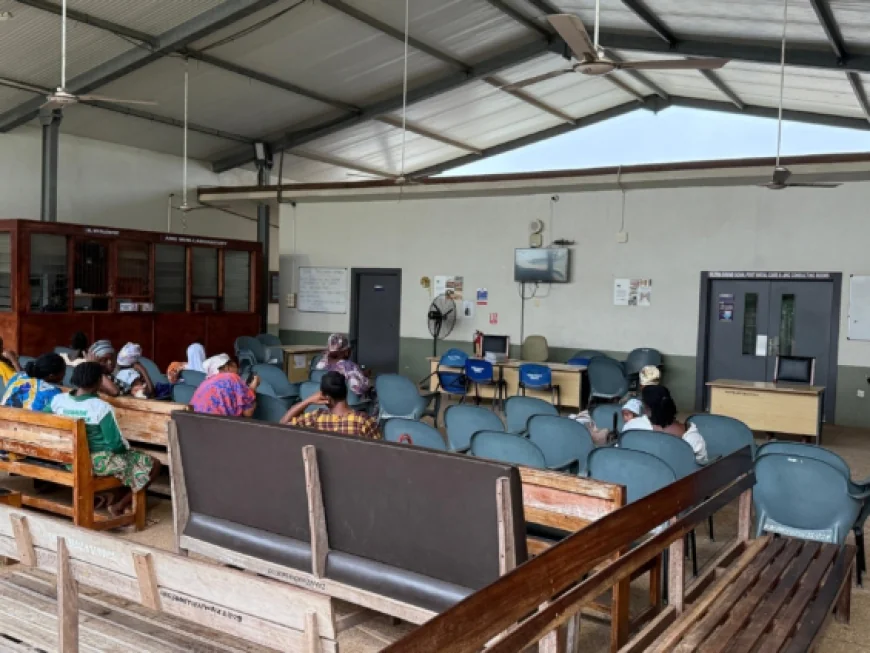Nationwide Nurses and Midwives Strike Cripples Ghana’s Healthcare System
The Ghana Registered Nurses and Midwives Association (GRNMA) initiated a nationwide strike in response to a government directive suspending public service appointments made after December 7, 2024. This move affected newly recruited nurses and midwives who had yet to be placed on the payroll.

The nationwide strike by the Ghana Registered Nurses and Midwives Association (GRNMA) in early 2025 stemmed from the government's directive to suspend all public service appointments made after December 7, 2024.
This decision, aimed at investigating potential irregularities in recent recruitments, directly impacted newly recruited nurses and midwives who had not yet been placed on the payroll.
The GRNMA warned that applying this directive to the nursing and midwifery workforce would have dire consequences on healthcare delivery, especially given the worsening nurse-patient ratios and burnout experienced by health workers.
The strike's impact on healthcare services was profound. Patients across the country were left stranded, with many hospitals and clinics unable to provide adequate care due to the absence of nurses and midwives.
For instance, at the Assin Fosu Polyclinic in the Central Region, patients were left unattended as nurses embarked on a sit-down strike, citing poor working conditions and a shortage of doctors. Similarly, in other regions, hospitals closed general wards and suspended maternity services, forcing patients to seek care in private facilities or travel long distances.
The strike also led to tragic outcomes. In the Bono East Region, an 88-year-old woman reportedly died at the Mathias Catholic Hospital's emergency unit due to the absence of nursing staff. Other patients with critical conditions were left without care, highlighting the essential role nurses and midwives play in the healthcare system.
The GRNMA emphasized that suspending newly recruited nurses would exacerbate the country's already dire nurse-to-patient ratio and increase burnout among existing health workers. They called on the government to reconsider the directive and allow affected nurses to remain at their posts.
The strike by the GRNMA was a response to a government directive that threatened the employment of newly recruited nurses and midwives. The industrial action significantly disrupted healthcare services nationwide, leaving patients without essential care and highlighting the critical role of nurses and midwives in Ghana's health system.


